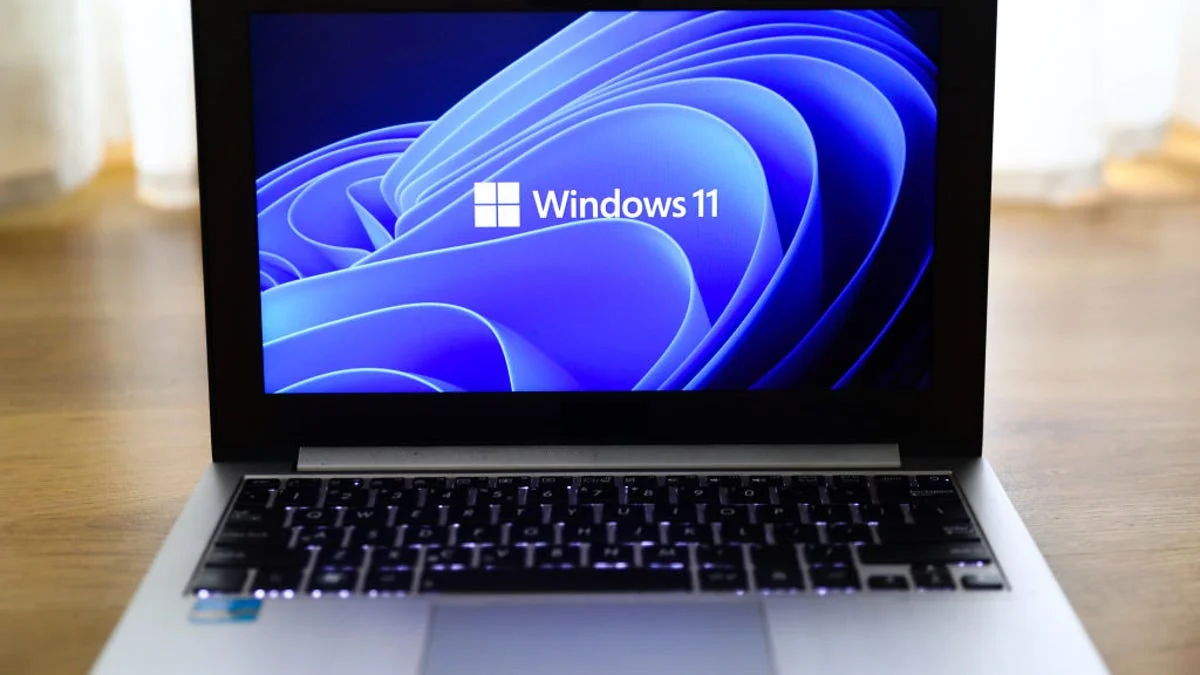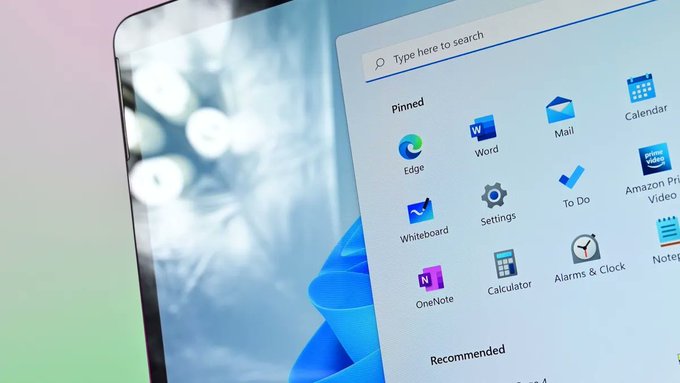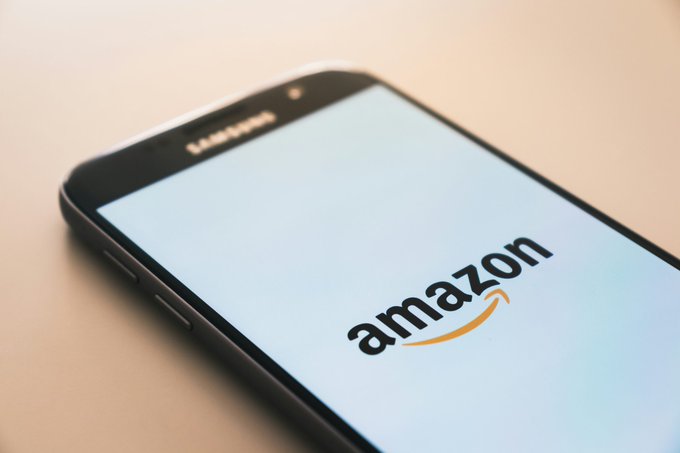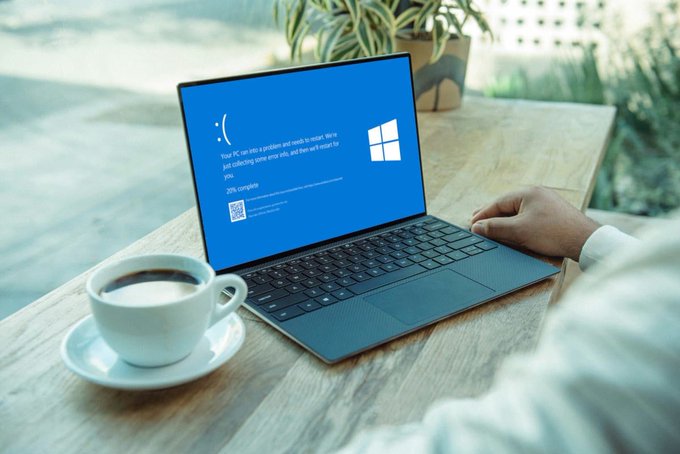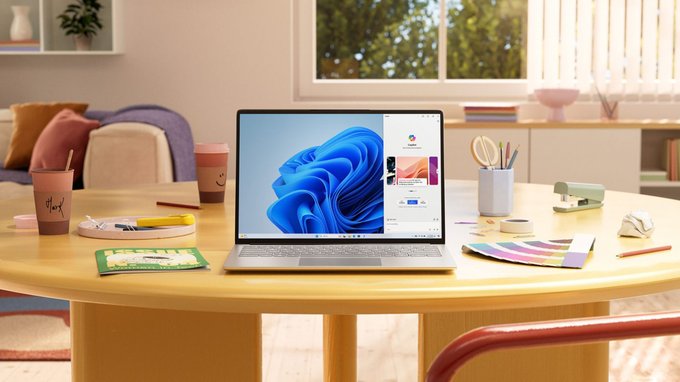In a move that surprised many, Microsoft recently announced it’s discontinuing support for running Android apps on Windows 11. This means users won’t be able to access their favorite mobile apps directly on their PCs through the integrated Windows Subsystem for Android (WSA).
What Happened with Windows 11?
Microsoft hasn’t revealed all the details behind this decision, but reports suggest the company is redirecting resources away from Android integration. The WSA project, while promising, faced technical challenges and may not have seen the user adoption Microsoft had hoped for.
Technical Challenges:
- Limited App Selection: WSA relied on the Amazon Appstore, which has a smaller library compared to the Google Play Store. This meant users couldn’t access many popular Android apps directly on Windows.
- Integration Difficulties: Merging two different operating systems (Windows and Android) can be complex. WSA might have faced challenges in performance, compatibility with certain apps, and overall user experience.
- Security Concerns: Integrating a whole new environment can introduce potential security vulnerabilities. Balancing openness with robust security might have been an ongoing battle for Microsoft.
Low User Adoption:
- Limited Use Case: Many core functionalities offered by mobile apps are already available on Windows through desktop programs or web apps. Users might not have found a strong need to run dedicated Android apps.
- Learning Curve: Using WSA involved additional steps compared to simply using a mobile device. This could have discouraged users who weren’t comfortable with the technical aspects.
- Competition: Microsoft faces competition from its own mobile offerings (Windows Phone in the past and foldable devices like the Surface Duo in the present) which might have divided their focus.
Strategic Shift:
- Focus on Native Apps: By discontinuing WSA, Microsoft might be prioritizing resources towards developing high-quality native Windows apps that can compete more effectively with mobile alternatives.
- Cloud Integration: There’s a possibility Microsoft might be exploring deeper cloud-based solutions that bridge the gap between mobile and desktop experiences without needing full Android integration.
- App Ecosystem Growth: The decision could be a signal that Microsoft is putting more effort into expanding the Microsoft Store with a wider variety of useful and engaging Windows apps.
What This Means for You
If you currently rely on Android apps on your Windows 11 machine, here’s what you need to consider:
- Find Alternatives: Start exploring web versions of your favorite mobile apps. Many popular services like social media platforms, messaging apps, and even some games have web interfaces accessible through your browser.
- Embrace PWAs: Progressive Web Apps (PWAs) are a great alternative. These web-based applications offer an app-like experience, with features like push notifications and the ability to work offline (to some extent). You can install PWAs on your desktop just like native apps, providing a more familiar feel.
- Consider Emulators (with Caution): Third-party emulators allow you to run the entire Android operating system on your Windows PC. This opens up access to a vast library of mobile apps, but there are downsides. Emulators can be resource-intensive, meaning they might slow down your computer, especially if you don’t have high-end specs. Additionally, emulator performance can vary, and some apps might not run smoothly. Security is another concern, as downloading and installing emulators from untrusted sources can be risky.
Planning for the Future
While the end of Android app support might be inconvenient, it’s a good time to explore the expanding world of web apps and PWAs. Many developers are creating web-based versions of their apps that offer a seamless experience across devices.
Additionally, Microsoft might be focusing on improving the native Windows app ecosystem, potentially leading to a wider variety of high-quality apps available through the Microsoft Store in the future.
Here are some additional tips for a smooth transition:
- Make a List of Essential Apps: Identify the Android apps you use most frequently on your Windows machine.
- Search for Web Replacements: Look for web versions of these essential apps and bookmark them in your browser for easy access.
- Explore PWA Options: Search the web to see if PWA versions of your favorite mobile apps exist. There are also websites that list popular PWAs.
- Research Emulators (if necessary): If you must use specific apps that aren’t available as web apps or PWAs, research reputable emulator options and prioritize those with a strong track record on security.
By being proactive and exploring the alternatives, you can minimize the disruption caused by the end of Android app support on Windows 11.
Stay Tuned
While the news of ending Android app support is a disappointment for some, it doesn’t necessarily mean the end of mobile integration on Windows. Microsoft may have different plans in store for the future. We’ll have to wait and see what the company unveils next.
Please share your thoughts in comment about , at theproductrecap.com we are open to friendly suggestions and helpful inputs to keep awareness at peak.
